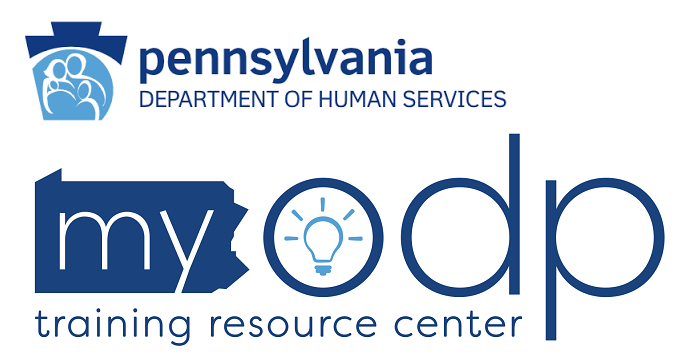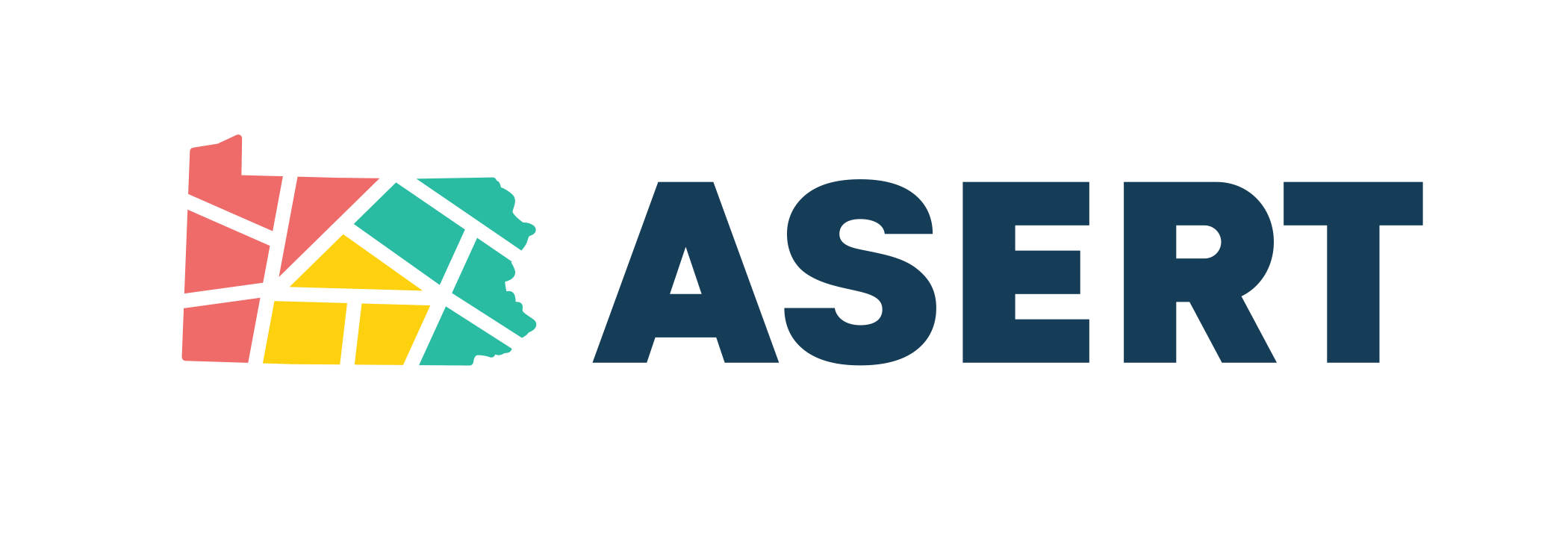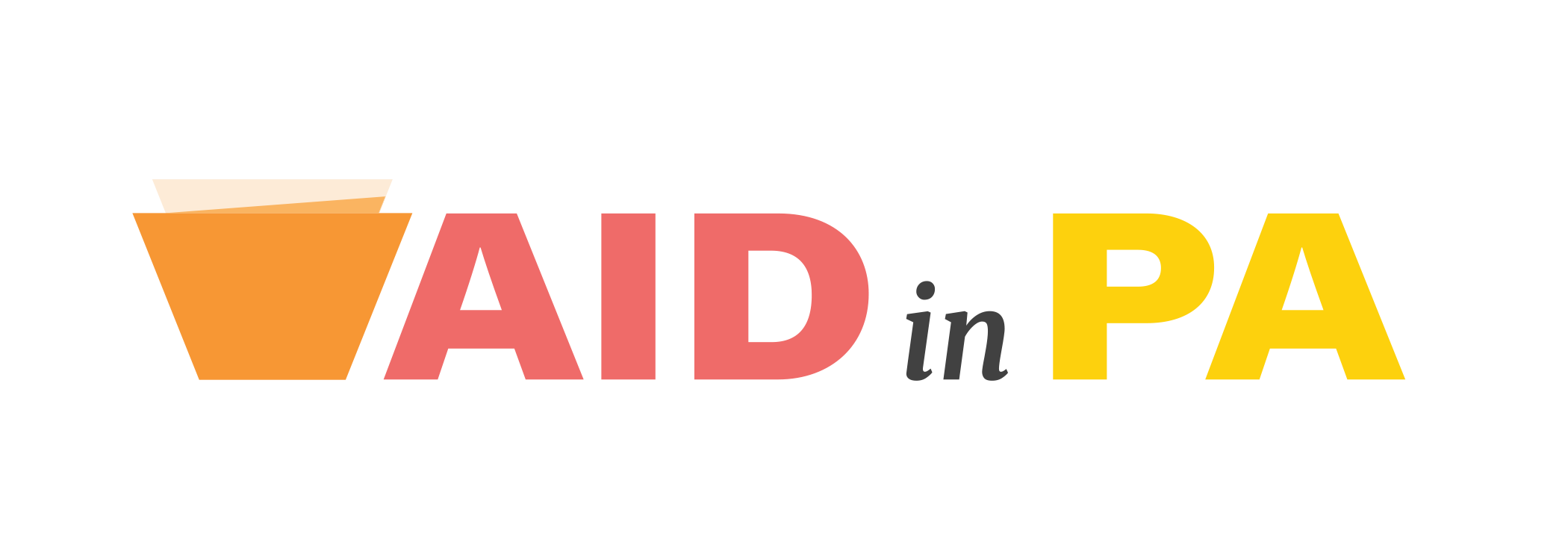Positive Approaches Journal, Volume 11, Issue 2
Basci, Schwartz, Moffatt | 15-22

Volume 11 ► Issue 2 ► August 2022
The Intersection of
Mental Health First Aid and Intellectual and Developmental Disabilities
Lisa Basci, MA, LPC, Peg Schwartz, MSW, LCSW, and
Elspeth Moffatt, MBA
In a society that equips its community members at
all ages to recognize and respond to a variety of emergency situations, it is
becoming increasingly clear that we need to include education about mental
health emergencies as part of our standard practices and curriculum. Most of us
learn the basics of stop, drop, and roll and performing the Heimlich maneuver,
and we all likely know at least a handful of people certified in CPR first aid
who can recognize the signs and symptoms of a cardiac event. But how many
individuals do you know who can both recognize a mental health crisis and know
the basic mental health first aid response to support someone until help
arrives? That is the critical role that mental health first aid (MHFA) plays in
community education for all.
Like CPR first aid, any person can become certified in MHFA through participation in a one- to two-day course that equips a trainee with the basic first aid knowledge needed to recognize when someone is in crisis or needs immediate professional help. MHFA-certified individuals understand how to support that individual in life sustaining ways until that help arrives. MHFA is a standardized, evidence-based course that gives the learner an opportunity to acquire knowledge through virtual, in person, or hybrid learning situations. MHFA offers various curriculum including adult, youth, teen, higher education, fire and EMS, law enforcement, corrections and public safety, veterans, service members and their families, at work, older adults, and rural communities. Attendees who have completed the course become fully certified for three years and receive a comprehensive MHFA manual as an educational reference tool and resource guide and are then eligible to renew their certification through the National Council for Mental Wellbeing.
Mental Health First Aid was created in Australia in 2001 by Betty Kitchener, a nurse specializing in health education, and Anthony Jorm, a mental health literacy professor. The intent was to find ways to help someone who is experiencing a mental health challenge or mental health crisis. The idea of assisting people before a challenge becomes a crisis was paramount to the training. MHFA is administered by the National Council for Mental Wellbeing and delivered through discussion topics, exercises, videos, and a variety of activities designed to keep learners attentive and actively engaged in the course. The curriculum covers common signs and symptoms of mental health challenges, common signs and symptoms of substance use challenges, how to interact with a person in crisis, how to connect a person with help and has expanded content on trauma, substance use, and self-care. Providing people with skills to be more confident in recognizing changes, intervening early, and how to approach someone in need, make up the philosophical underpinnings of the course.
Historically, mental health and intellectual and developmental disabilities (IDD) have often been thought to be mutually exclusive. Professionals have been taught through the academic process and, to some extent, through the delivery of services that individuals must receive services in either one area or the other and one must be of primary interest. Most recently, it has become more apparent that this line of service delivery has left some individuals without the support that is necessary to enjoy an everyday life. Furthermore, since many individuals with MH/IDD often rely on their supporters to share and describe pertinent mental health information with their prescribers, it is crucial that supporters receive training and education in mental health and remember that symptoms of mental illness may lurk behind what seems like challenging behavior.
Individuals with IDD can experience the same mental disorders as the general population, as well as some disorders that are uncommon in the general population. Studies have indicated that psychiatric disorders in people with IDD are at a higher rate than in the neurotypical population 1. Although the exact prevalence of individuals with IDD who also have a mental illness is debated among researchers, estimates range from 14-70%. The National Association for the Dually Diagnosed, NADD, estimates that the prevalence is somewhere between 30 and 40% 2. Although we know the rate of diagnosed mental illness in IDD is higher than in the typical population, in 2021 in Pennsylvania alone 18.23% or 1,814,000 typical adult citizens have a mental illness diagnosis of some kind 3. What is without debate is the impact that a mental illness has on an individual with IDD. How a mental illness manifests in an individual with IDD can often be underappreciated and viewed as an expression of challenging behavior. Community members and direct service providers may struggle to identify what actions and behaviors stem from limits of the person’s functional capacity and what may result from an underlying mental illness. MHFA attendees are better prepared to identify mental health signs and symptoms which is crucial not only in supporting a dually diagnosed individual but also ensuring that accurate symptom information can be shared with the psychiatrist versus reporting challenging behavior.
Becoming
certified in MHFA is a benefit that reaches far beyond supporting the IDD
individual in services. MHFA teaches the learner how issues like stigma,
bias, lack of resources, lack of knowledge, and even not knowing what to say,
can all be significant barriers to wellness not only for the IDD individual but
to everyone that surrounds that person in their life. Mental illness does not
only affect the people we support, it can affect any of us at any point in time
in our lives.
This is where a
certification in MHFA can help. MHFA is a tool we can use to view any
individual with an additional lens, expand our helping skills and engage from a
place of confidence. The curriculum delivers instruction on topics including
anxiety, depression, trauma, psychosis, substance use, how to recognize changes
in mental health, and what steps to take to help. It does not replace any
current tool or knowledge, it enhances the supporter’s personal toolkit and
opens the door to encourage even further skill and knowledge building. MHFA
presents a platform to learn how mental illness symptoms manifest and provides
a concrete action plan that can be used by any person, with any person, in any
environment, at any time, to guide a situation to a safer resolution and become
the warm handoff for formal mental health treatment when
needed.
The
collaborative efforts of Pennsylvania’s Office of Mental Health and Substance
Abuse Services (OMHSAS) and the Office of Developmental Programs (ODP) through
the Money Follows the Person grant allowed the MHFA training to be delivered
throughout much of Pennsylvania. OMHSAS and ODP reached out to Community
Services Group (CSG) for MHFA training support, as CSG has an established group
of master’s level trainers dating back to the inception of MHFA in the US over
13 years ago. MHFA instructors have taught the skill-based curriculum in a
variety of locations such as state centers, state hospitals, community mental
health settings, community and state ID/D settings, county government offices,
support coordination organizations, provider agencies, and the community at
large.
As the MHFA curriculum continues to evolve and address the changing needs of our communities across the United States, what remains steadfast is MHFA’s commitment to providing people with an opportunity to learn how to help someone who is developing a mental health problem or experiencing a mental health crisis. Learners develop a set of skills to Assess for the risk of suicide or harm, Listen non-judgmentally, Give Reassurance and Information, Encourage Appropriate Professional help and Encourage Self Help and other support strategies (A.L.G.E.E.). Across the United States, MHFA training has reached more than 2.5 million people. Globally, over four million people have been trained, and over 25 countries have adopted MHFA. Perhaps you can be certified too.
References
1. Fletcher,R., Barnhill, J., Cooper, S. Diagnostic Manual - Intellectual Disability 2, Kingston NY.
2. Bradley, V.
People with I/DD Who are Dual Diagnosed with Mental Illness: Characteristics
and Outcomes. https://www.google.com/url?q=https://www.nationalcoreindicators.org/upload/presentation/NCI_slides_Dual_Diagnosis_webinar_final.pdf&sa
=D&source=docs&ust=1656522842487880&usg=AOvVaw1XPbyKb6_Y1LkMFHuvxRO3 Accessed June
6, 2022.
3. Mental Health America Website https://www.mhanational.org/issues/2021/mental-health-america-prevalence-data#one.
Biographies
Lisa Basci is a Licensed Professional Counselor with over 35 years working in Mental Health. She has worked in partial hospitalization, residential settings for both mental health and intellectual developmental disabilities, and crisis management. She has worked with adolescents, adults, and geriatric populations. She is a nationally certified instructor in Adult, Youth and teen Mental Health First Aid through National Council for Mental Wellbeing She has been recognized as a top 100 instructor nationally. She has been part of the first national training for Youth and part of the national pilot for teen mental health first aid. She has been instructor since 2009. She is also an adjunct faculty member at a local community college teaching, General, Developmental, and Abnormal Psychology.
Elspeth Moffatt, MBA is the Communications Director for Community Services Group in Lancaster, Pennsylvania, where she has worked since 2007. She earned her Bachelor of Science in Psychology from Virginia Commonwealth University in Richmond, Virginia and a Master of Business Administration from the Kellogg School of Management at Northwestern University. Elspeth currently lives in Lancaster with her two daughters. She recently completed a term as Board Chair for the Arc of Lancaster Lebanon and now serves on their Development Committee. She is also a member of the WITF Community Advisory Board and volunteers with Junior Achievement.
Peg Schwartz, MSW, LCSW is a Licensed Clinical Social Worker and the Director of Behavior Services for Community Services Group, Inc. She has been working with people with MH/IDD for over 27 years and has expertise in supporting individuals and families throughout the lifespan who are challenged by complex mental health disorders, fetal alcohol syndrome, autism, trauma, and significant behavioral challenges. She is a nationally certified Adult and Youth Mental Health First Aid Instructor and a Scientific Advisor for Advanced Metrics. She has spoken at local, state, national, and international conferences on topics including psychiatric and behavioral challenges, integrated care, and positive behavioral supports. She received her Master of Social Work from Marywood University.
Contact Information
Lisa Basci, MA, LPC
Community Services Group, Inc.
Director of Peer Support and Mental Health First Aid
570-931-4095
Elspeth Moffatt, MBA
Communications Director
Community Services Group
717-794-6097
Peg Schwartz, MSW, LCSW
Director of Behavioral Services
Community Services Group, Inc.
610-866-7600 ext 4001




